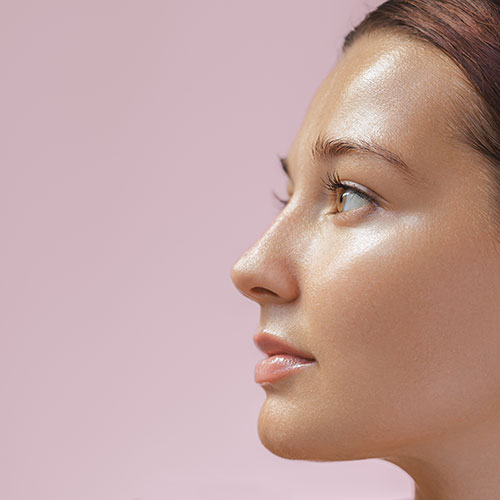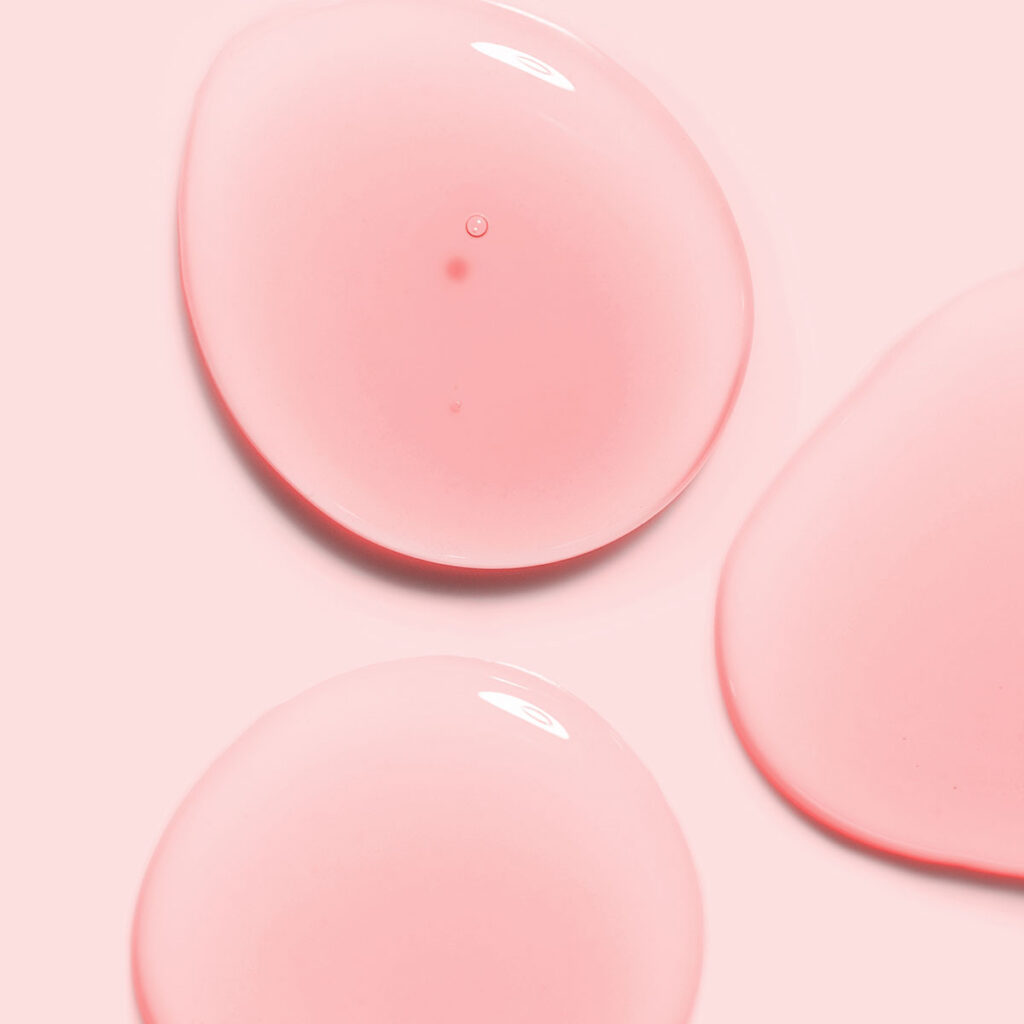benefits
beef tallow skin care

natural and organic ingredients
Beef Tallow restores skin’s natural radiance and glow. Drawing from historical practices, beef tallow offers time-tested benefits proven for all skin types.
Can be used on your face and body. It’s a nourishing and hydrating solution that can be applied to any part of your skin for a natural and healthy glow.
- Youthful Appearance: Nutrient content encourages the growth of healthy, youthful skin cells.
- Deep Hydration: Beef tallow penetrates deeply into the skin, providing intense hydration.
- Moisture Lock: Its lipid composition seals in moisture, preventing dryness and dehydration.
- Vitamin Boost: Rich in vitamin A, B12, D, E, and K, it supports healthy skin for a fresher complexion.
- Non-Comedogenic: It won't clog pores, making it suitable for various skin types.
tallow is a natural source of linoleic acid
Linoleic acid is an unsaturated omega-6 fatty acid. It is the most abundant fatty acid found in skin epidermis. The body uses linoleic acid to make gamma linolenic acid (GLA), which plays a role in modulating inflammation.
Linoleic acid is important for maintaining healthy skin. It helps to maintain the integrity of the skin barrier, which can help to prevent water loss and keep skin hydrated. It also has anti-inflammatory properties that can help to reduce redness and irritation. Research shows it to be effective as an antioxidant, restorative, calming, and discoloration-fighting ingredient.


tallow is a natural source of collagen
Collagen is the most abundant protein in your body. It accounts for about 30% of your body’s total protein. Collagen is the primary building block of your body’s skin.
What does collagen do?
Collagen’s main role is to provide structure, strength and support throughout your body.
Collagen’s specific roles include:
- Helping fibroblasts form in your dermis (middle skin layer), which helps new cells grow.
- Playing a role in replacing dead skin cells.
- Giving structure, strength and elasticity to your skin.
tallow is rich in vitamins A, B12, D, E, and K
Vitamin A, also known as retinol, is key for cell growth, and often used as a topical anti-aging treatment.
Acne prevention: Vitamin A also helps to regulate the production of sebum, an oily substance that can clog pores and lead to acne.
Vitamin B12, also known as Cobalamin helps to promote healthy cell growth, which can help to reduce the appearance of wrinkles and other signs of aging.
Helps with skin conditions: Vitamin B12 can help relieve stressed skin and give skin a more vibrant appearance. Vitamin B12 has also been found in the development and treatment of skin conditions, such as acne, psoriasis, eczema, and irritated, inflamed, or cracked skin.
Vitamin D helps to promote the growth and repair of skin cells. It can also help to stimulate the production of new skin cells, which can help to keep the skin looking healthy and youthful.
Helps to reduce inflammation: Vitamin D has anti-inflammatory properties that can help to reduce redness, swelling, and irritation in the skin. This can be particularly beneficial for those with inflammatory skin conditions, such as psoriasis and eczema.
Vitamin E, also known as Tocopherol, helps the body regulate retinol levels, which is essential for healthy skin.
A powerful antioxidant: Vitamin E helps to protect the skin from free radical damage caused by environmental stressors, such as UV radiation, pollution, and cigarette smoke. Free radicals can damage skin cells and lead to premature aging, so antioxidant protection is important for maintaining healthy and youthful-looking skin.
Vitamin K has anti-inflammatory properties that can help to reduce redness and irritation in the skin. It is particularly beneficial for those with sensitive or rosacea-prone skin.
Improves skin elasticity: Vitamin K can help to improve skin elasticity by promoting the production of elastin, which is a protein that gives skin its elasticity and firmness.


tallow is a natural anti-inflammatory and anti-bacterial
Beef tallow can help reduce the appearance of uneven skin tone, provide relief for eczema-prone skin, psoriasis support and minimize the appearance of scars. It can also calm irritated skin and reduce redness, including acne and diaper rash.
What causes inflammation?
- Environmental factors, including aspects of your daily life and exposures to toxins, are the culprits behind most cases of inflammation.
- Autoimmune diseases, like lupus, rheumatoid arthritis (RA), psoriasis and ankylosing spondylitis (AS).
- Metabolic diseases, like Type 2 diabetes.
- Chronic stress.
- An imbalance of healthy and unhealthy microbes in your gut (dysbiosis).
- Regularly eating foods that cause inflammation, such as foods high in trans-fat or salt.
- Disrupted sleep and circadian rhythm.
- Exposure to toxins, including air pollution, hazardous waste and industrial chemicals.
- Using tobacco products.
- Regularly drinking too much alcohol.
- Reduce bacteria. Antibacterial creams can kill bacteria that feed on the skin’s natural oils and create waste products that can worsen acne.
- Reduce inflammation. Antibacterial creams can reduce the swelling, redness, and discomfort of acne spots.
- Keep pores open. Antibacterial creams can help keep pores open, which can reduce the effects of acne.